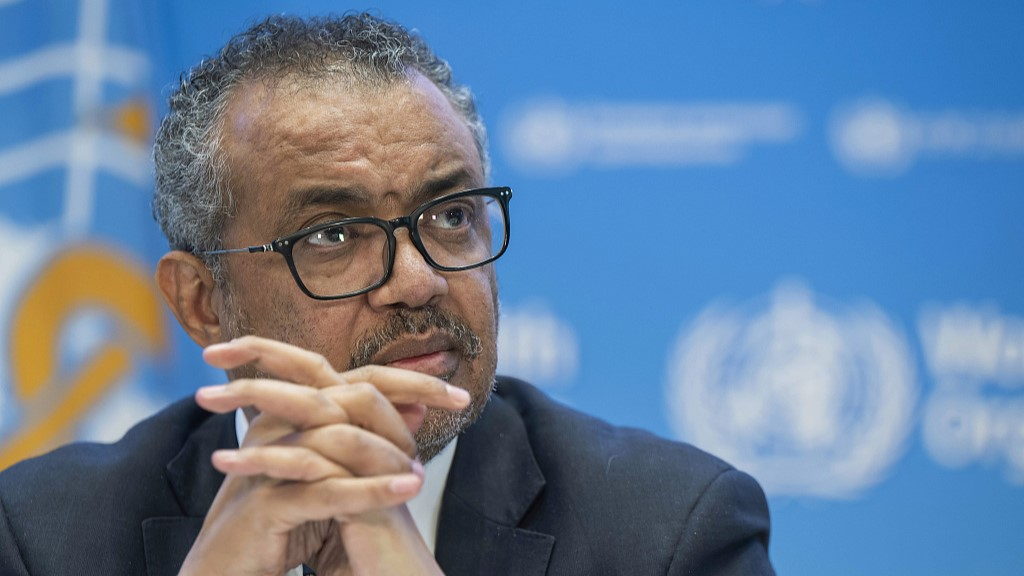As the world continues to recover from the effects of the Covid-19 pandemic, it is clear that Africa’s health systems is still vulnerable.
Noteworthy, the World Health Organization (WHO) has said the Covid-19 virus will remain a “permanently established pathogen” in humans and animals for the foreseeable future.
According to the global organisation, the situation is currently better than last year when the Omicron wave was at its peak.
Speaking during the Emergency Committee meeting, WHO Director-General Dr. Tedros Adhanom Ghebreyesus said more than 170,000 deaths occurred in the past eight weeks. He noted that the death toll was likely to be much higher since the beginning of December last year.
‘We can’t control the virus, but we can do more to address the vulnerabilities in populations and health systems’ Dr. Ghebreyesus.
In Africa, Africa CDC said the Omicron remains the dominant variant while recent sequences from South Africa and Botswana revealed the presence of the XBB.1.5 variant on the continent.
WHO Africa Region adds that in the first three weeks of 2023, Covid-19 cases were down 97% year-on-year compared to 2022 as hospitalizations for severe illness and deaths from the virus decreased significantly.
“For the first time since COVID-19 shook our lives, January is not synonymous with a surge,” said Dr Matshidiso Moeti, WHO Regional Director for Africa.
With the decreased numbers, the continent hopes to transition out of “emergency response mode”.
Delicate Africa’s Health system
Besides COVID-19, the continent is grappling with other disease outbreaks, exposing the vulnerability of Africa’s health system.
The regional office has also reported an outbreak of Diphtheria spreading in Nigeria adding that the rapid spread of the disease is a major public health concern for the continent.
On Cholera, many countries including Kenya, Burundi, the Democratic Republic of Congo and Mozambique continue to report new cases. The Africa CDC has however named Malawi as the epicentre of the 2023 outbreak, accounting for nearly 20,000 new cases and 583 deaths.
“The outbreak has affected most of the districts in Malawi, and this resurgence of cases in districts where cholera was being controlled is a very big concern for us and the government,” Africa CDC’s acting director Dr. Ahmed Ogwell Ouma.
The burden of diseases, climate change, war in Ukraine and civil wars within the continent, have disrupted the supply chain for agricultural inputs, fuel, and food leaving over 257 million people undernourished and millions at risk of starvation.
According to the 2022 Global Report on Food Crises 2022 Mid-Year Update, at least one in five Africans goes to bed hungry with about 140 million people in Africa facing acute food insecurity.
“It is critical that we collaborate to strengthen social safety nets and food assistance to ensure Specialized Nutritious Foods are available to the women and children who need them the most,” WFP Executive Director David Beasley.
Africa’s population continues to grow with the United Nations reporting that sub-Saharan Africa’s population is growing at 2.5% annually, more than three times the global average. With over 1.4 billion people, Africa has the potential to develop new economic pathways by leveraging on its natural and human resources.


